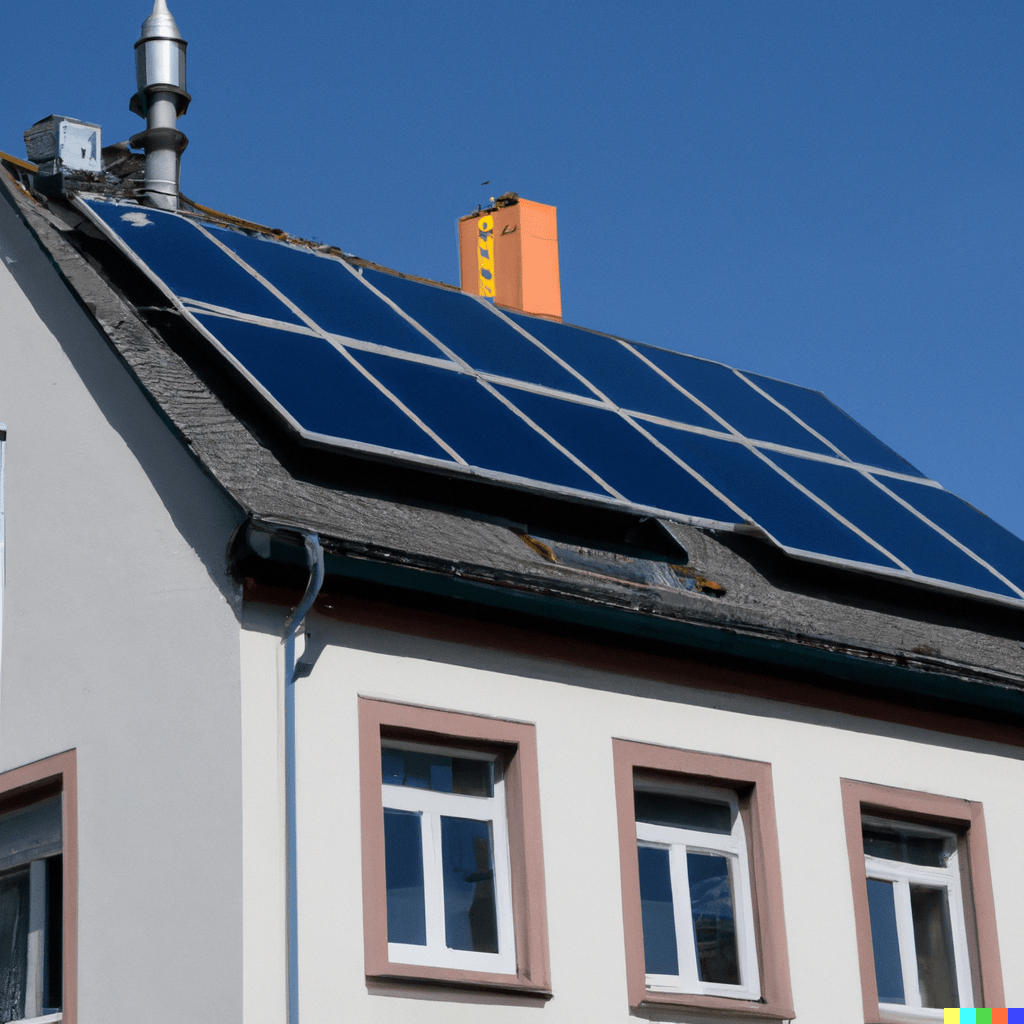Tenant electricity - photovoltaic system on an apartment building
Improve return on investment: How to become a power provider for your tenants!

Improve return on investment: How to become a power provider for your tenants!
You may have heard of tenant electricity, but what's really behind it? Join us as we take a closer look at tenant electricity and discover how it can benefit both landlords and tenants.
What is Tenant Electricity?
Tenant electricity is a concept in which the electricity generated from a photovoltaic system on the roof of a multi-family building is directly sold to the tenants. Instead of obtaining electricity from the local utility company, tenants can source their power from their own roof.
How Does Tenant Electricity Work?
The process of tenant electricity is quite straightforward. First, a photovoltaic system is installed on the rooftop of the residential complex. This system generates electricity from solar energy. This generated electricity is then offered to the tenants. Tenants can choose whether they want to receive the generated electricity. The billing is done through separate electricity meters to measure tenants' consumption.
What are the Benefits for the Landlord and Property Owner?
Landlords can reap significant benefits from tenant electricity. Here are some of the advantages:
Additional Income: Tenant electricity allows landlords to generate additional revenue. Selling electricity to tenants can become an attractive source of income.
Enhanced Property Attractiveness: The ability to offer affordable, environmentally friendly electricity can increase the desirability of rental units, making them easier to lease.
Supporting the Energy Transition: Tenant electricity contributes to promoting renewable energy and reducing CO2 emissions.
Of course, it is particularly interesting that owners can thereby increase the return on their investment in an apartment building.
What are the Benefits for the Tenant?
However, it's not just landlords who benefit from tenant electricity. Tenants can also gain in various ways:
Affordable Electricity: Tenant electricity is often more cost-effective than electricity from the local utility, saving tenants money.
Environmental Friendliness: By sourcing green energy from their building's rooftop system, tenants contribute to environmental sustainability.
Transparency: Tenants have clear insights into their electricity consumption and billing, as it is done through separate meters.
What are the Risks for the Landlord?
While tenant electricity offers many advantages, there are also potential risks for landlords:
Possible Tenant Resistance: Not all tenants may be willing to switch to tenant electricity, especially if they have existing long-term contracts with utility providers.
Administrative Workload: Introducing tenant electricity entails additional administrative work, including billing and managing electricity supply.
For Which Property Owners is it Worthwhile?
The suitability of tenant electricity depends on various factors. Typically, tenant electricity is most effective in multi-family buildings. Ideal conditions include a suitable roof for solar panel installation and tenants who are willing to participate in the tenant electricity model. The more tenants who participate, the more cost-effective the model becomes.
Tenant electricity can create a win-win situation for landlords and tenants. It offers tenants affordable, eco-friendly electricity, while landlords can generate additional income. If you, as a landlord, meet the prerequisites and your tenants are willing to participate, tenant electricity can be a smart choice.

